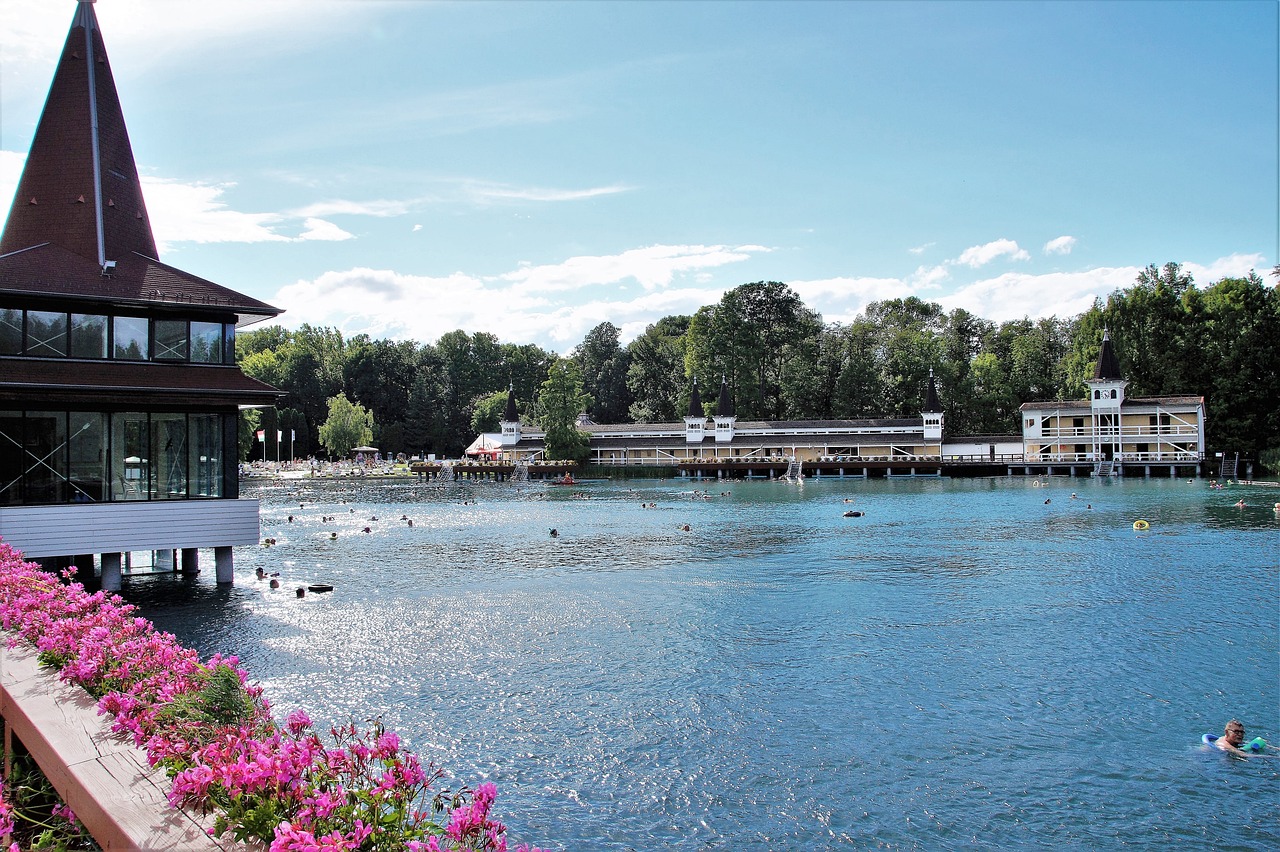
Last year, five waters in Hungary were approved for use as thermal waters.Continue reading

Well, apparently nothing to be seriously concerned about, according to a large-scale study conducted to identify causes that threaten water quality. The research found that the capital’s tap water is safe in all respects, the HUN-REN Ecological Research Center revealed.
The protection of the Danube’s water resources is of paramount national strategic interest. The “Clean Drinking Water: a multidisciplinary assessment of safe supply from source to consumer National Excellence Project” was implemented in line with the Hungarian Academy of Sciences’ National Water Science Research Program. It identified the impacts on drinking water security from abstraction to consumption, i.e. from the Danube water base “all the way to the tap.”
Regular measurements and risk calculations over a long period of time have clearly demonstrated that Budapest tap water meets the quality requirements.
The implementation of the project was supported by the National Research, Development and Innovation Office under the National Excellence Program, at a total cost of more than HUF 1 billion (EUR 2.6 mil.), and the consortium implementing the program included the HUN-REN Ecological Research Centre, the Budapest Waterworks Ltd, the National Centre for Public Health and Pharmacy, the Budapest University of Technology and Economics, and the University of Miskolc.
The consortium carried out coordinated, high-frequency sampling of the Danube, of the shore-filtered wells, their untreated and then technologically treated water entering the distribution network. By adapting the hydrodynamic model of the aquifers to different climate change scenarios, they found that
the coastal filtered drinking water supply system will be able to provide sufficient quantities of drinking water for the next 30 years, the statement said.
They also used climate projections to determine the long-term water demand, studied the degradation of pharmaceutical residues in the Danube to estimate the proportion of pollution coming from upstream countries, and assessed the effectiveness of coastal filtration in removing various pollutants.

The Danube river in Budapest. Photo: Pixabay
The chemical and microbiological quality and composition of the water from the Danube to the consumer taps were studied in detail. The results show that despite full sewerage coverage and modern wastewater treatment, the capital city has a demonstrable impact on the water quality of the Danube, both microbiologically and chemically. However, coastal filtration for drinking water production is effective in removing micro-organisms, including antibiotic-resistant organisms, pharmaceutical residues, and other organic micro-pollutants, they said.
Via MTI; Featured Image: Pixabay